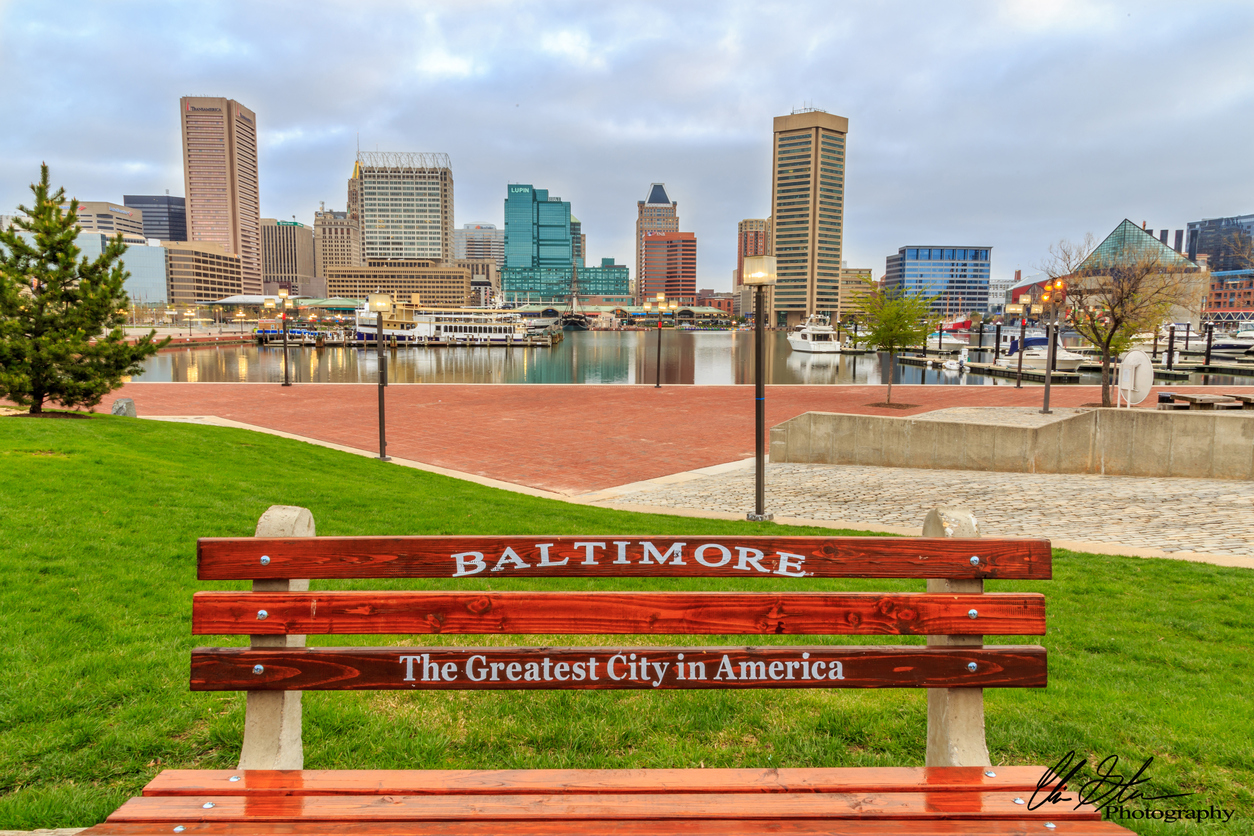
- Charter Schools /
- Economic & Fiscal Policy /
- Education /
- Property Taxes /
- Regulation /
- Taxes /
- Transportation
The right way to grow Baltimore
Kudos to Mayor Catherine Pugh for wanting to grow Baltimore and make it more competitive. After years of losing residents, jobs, and Amazon’s second headquarters, the city needs structural economic change to attract people and businesses.
But it doesn’t need more publicly-funded structures. Expanding the convention center, building a new hotel and re-doing Pimlico Race Course in Park Heights – some of the Mayor’s top priorities – are old strategies that have drained taxpayers of hundreds of millions that could have been used for roads, schools, and other priorities, failed to grow the city, and distracted political leaders from enacting reforms that work.
For starters, the city-owned Hilton Hotel connected to the convention center loses millions every year. Before it was built, city leaders said it would bring millions in extra tax revenue each year and generate thousands of jobs. If the current hotel can’t make money, why is building a second-taxpayer financed one a good idea?
Second, the convention business is stagnating across the country. In Las Vegas, the convention capital of the United States, visitor attendance declined from 2016 to 2017. And according to one of the nation’s top convention analysts, business stands “where it was 20 years ago.” This, despite every major city in the nation spending hundreds of millions to build, renovate and expand convention spaces over the last 20 years to stay more competitive in a never-ending cycle of failed promises.
But we knew this as far back as 2011: build it and they won’t come.
So, what will attract more people and businesses to the city? Lowering property taxes—which are nearly double those in every county in the state – is simply a necessary condition for the city’s revival, as I’ve written before.
First, it’s fair. Mayor Pugh and City Council members would be lauded as visionaries for focusing on a reform that benefits the little guy, not just the special interest groups connected to the convention and Pimlico projects.
Second, leaders who can enact meaningful change like property tax reform would show the next Amazon and entrepreneurs of every stripe that Baltimore’s government understands what they and their employees need to thrive.
Third, we know it works. Read here how property tax reforms jumpstarted Boston and San Francisco’s economies.
Why spend hundreds of millions of dollars the city doesn’t have to build something proven to be a financial burden on all -- and a windfall for a few -- when a growth solution for everyone exists?





